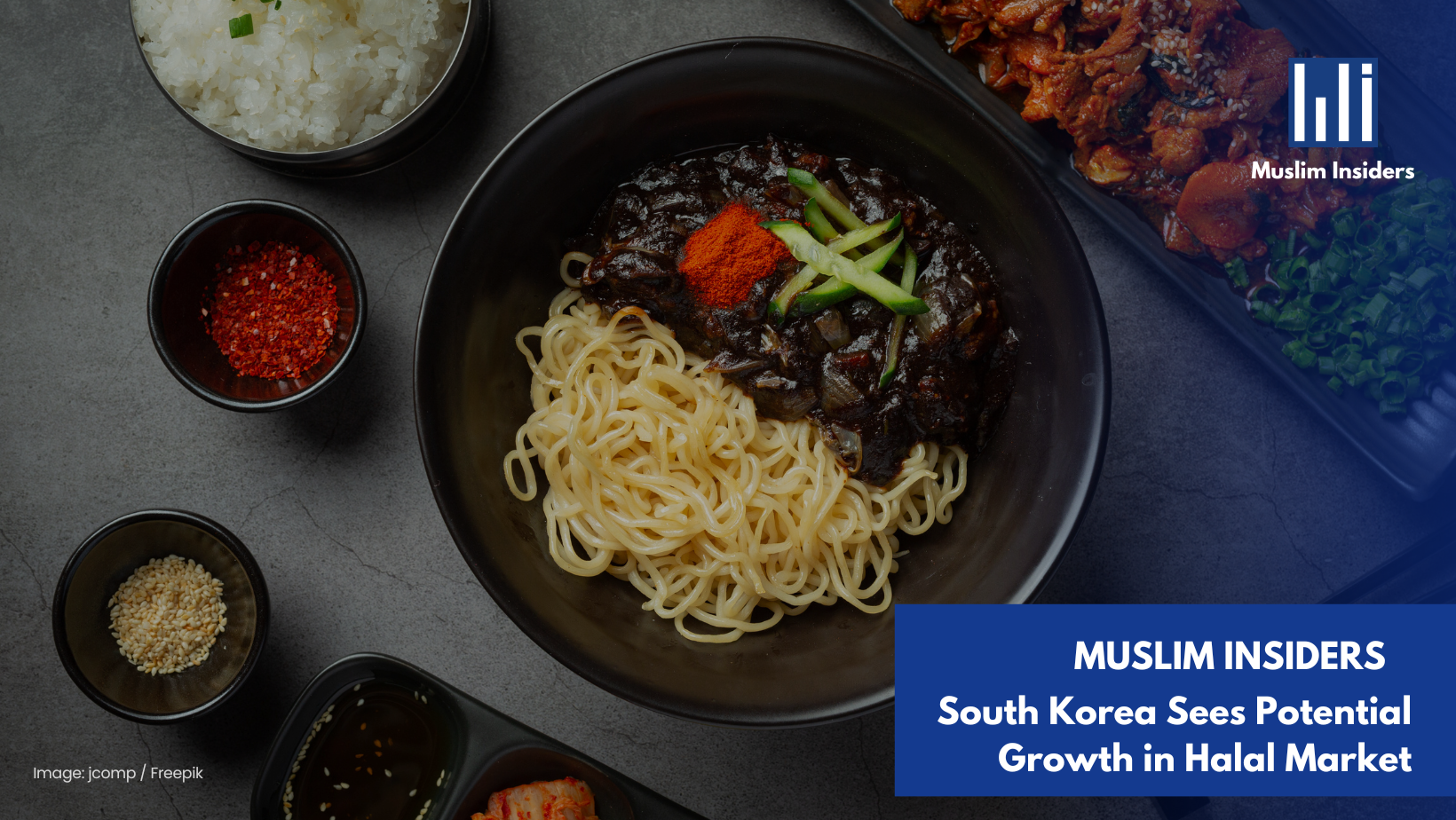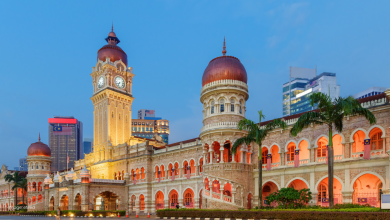
South Korea wants to be the next halal powerhouse after taking over films, TV and pop music, according to Al-Jazeera. Also, according to them, there was a surprising presence of a South Korean booth that displayed halal products, despite being known for largely consuming pork and alcohol.
The Korean Wave, also known as Hallyu, encompasses the widespread global fascination with various aspects of South Korean culture, including its music, television dramas, beauty products, cuisine, and fashion. This cultural phenomenon has introduced the world to the captivating allure of K-pop’s music and performances, K-dramas, their skincare routines and products of K-beauty, Korean cuisine, and trends in Korean fashion.
Muslims are a minority in South Korea. What are the reasons?
In South Korea, people who practice Islam are a minority. According to the Korea Muslim Federation (KMF), South Korea only has around 200,000 Muslims. The small number of Muslims is very low—about 0.38% of the country’s population. A major proportion of 70% to 80% of foreigners living in Korea are Muslims.
Here are the reasons behind their interest in the potential of the Halal market, based on what Al Jazeera has reported:
Economic Growth: Lee Yong Jik, the head of the food export division at South Korea’s Ministry of Agriculture, Food and Rural Affairs, told Al Jazeera that he sees the halal food market as a “blue ocean with great potential for growth. Hence, they aim to capitalize on this opportunity to foster economic growth.
Market Expansion: South Korea aims to expand its market reach by catering to the dietary needs and preferences of Muslim consumers, particularly in regions like Southeast Asia. They see a chance to sell more in places where people like Korean food.
Government Support: The South Korean government wants to help businesses take advantage of this opportunity. They offer different kinds of help, like checking the ingredients in food, paying some of the fees for getting certified, and organizing events where sellers and buyers can meet.
Cultural Adaptation: According to the report, South Korean companies are changing their products and the way they make them to follow the Halal guidelines. They want to make sure Muslim people can use their products safely.
Despite challenges such as social attitudes and opposition from certain groups, such as Islamophobia, Saifullah Jo of KOHAS hopes that the growing halal market will make people more accepting of each other.
Potential to bring positive news to the Muslims residing there
With the potential increasing availability of halal products in the country, this might be good news for the Muslims in South Korea. Since Muslims are a minority, it is quite a struggle to obtain halal products and foods in the country.
When there are more halal products becoming available in South Korea, it means that Muslim people there can now find more food and things they need that follow their religious rules. If it really happens, South Korea will become a country that is more welcoming to different cultures and beliefs in the future.




